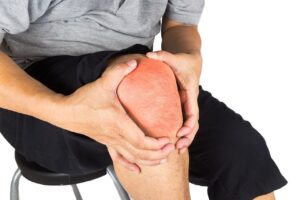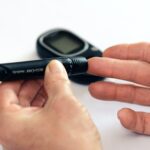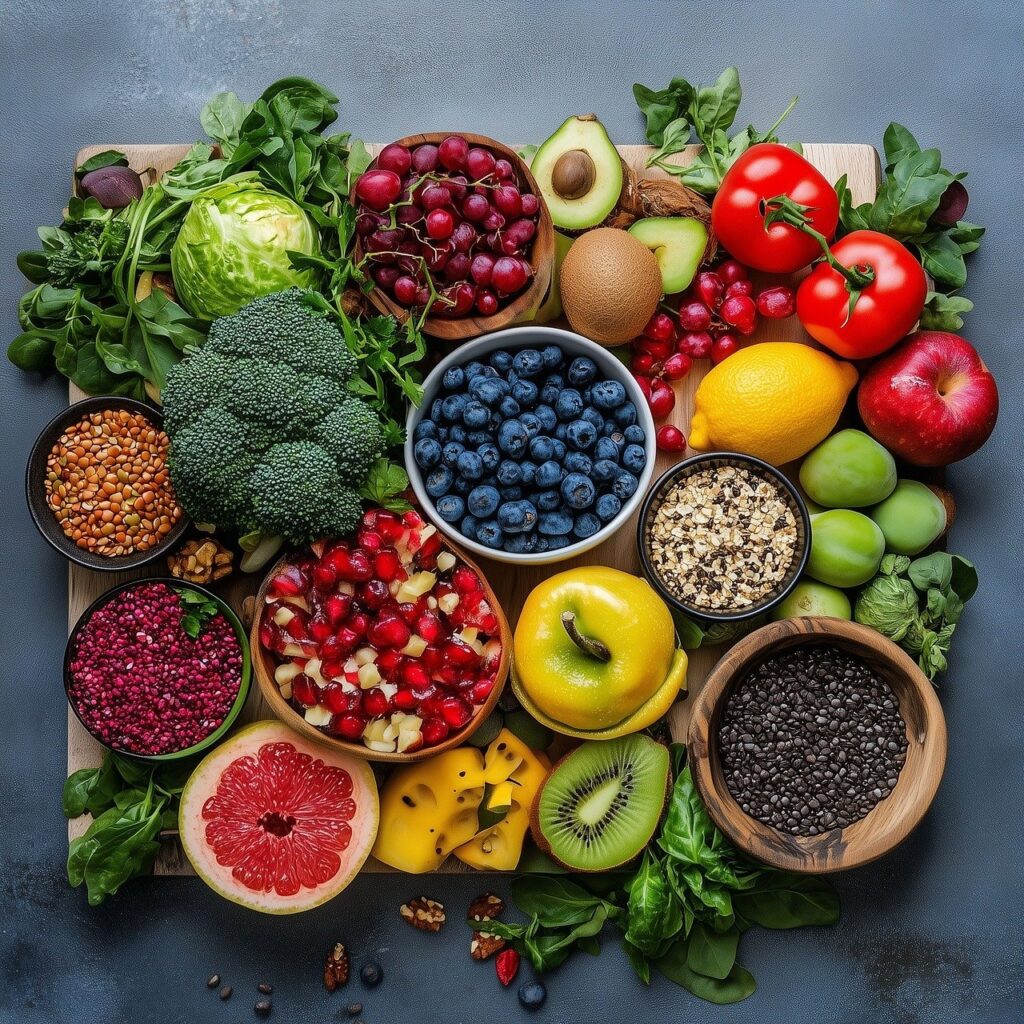If your joints ache and creak like an old door, you might be tempted to blame arthritis or aging. But a silent culprit could be at play: vitamin D deficiency.
What Vitamin D Does for Your Body
Vitamin D isn’t just a bone-health booster. It plays a vital role in immune function, inflammation control, and pain perception. Without enough of it, your bones may weaken—but your muscles and joints can also feel the effects.
Symptoms of Low Vitamin D
The signs are subtle but frustrating:
- General muscle weakness
- Joint pain and stiffness
- Fatigue or low energy
- Bone aches
- Mood swings or depression
If you have a chronic condition like fibromyalgia, lupus, or arthritis, these symptoms may overlap with your usual flares—making them easy to miss.
Who’s Most at Risk?
- People with darker skin (which blocks UV absorption)
- Adults over 50 (aging skin produces less D)
- People who spend little time outside
- Those with GI issues like celiac or Crohn’s (which impair absorption)
The Link to Chronic Pain
Research has shown a strong connection between vitamin D deficiency and chronic musculoskeletal pain. In fact, several studies have found that supplementing with D can reduce joint pain in people with osteoarthritis, rheumatoid arthritis, and fibromyalgia.
Getting Tested and Supplementing Safely
Ask your doctor for a 25(OH)D blood test. Levels below 20 ng/mL are considered deficient. Between 20–30 ng/mL is insufficient, and optimal is typically above 30.
Supplementation depends on your levels. Most people need 600–2,000 IU daily, but your doctor may recommend higher doses if you’re significantly low. Vitamin D3 (cholecalciferol) is more effective than D2.
Food Sources and Sunlight
You can boost vitamin D with:
- Fatty fish like salmon, mackerel, and sardines
- Fortified foods (milk, orange juice, cereal)
- Egg yolks and beef liver
- Sunshine—15–20 minutes of midday exposure a few times a week
Don’t Dismiss the D
If you’ve ruled out injury or arthritis but still feel stiff, achy, and fatigued, it might be time to check your vitamin D. It’s a small thing that could have a big impact on your quality of life.








